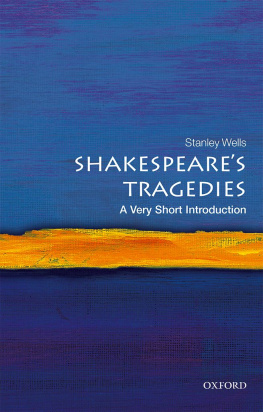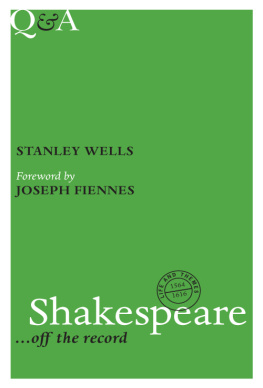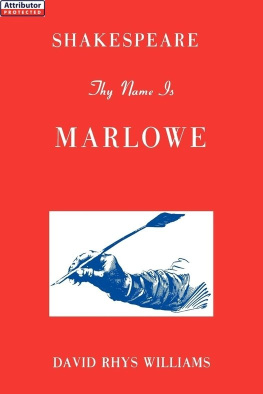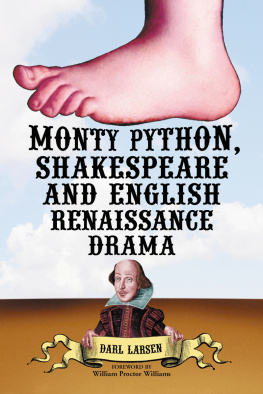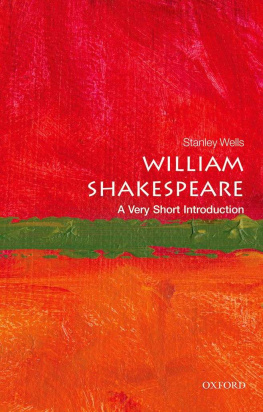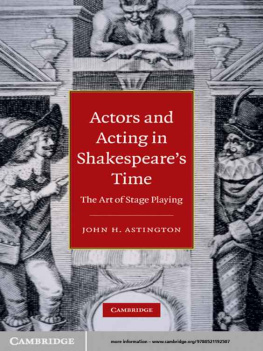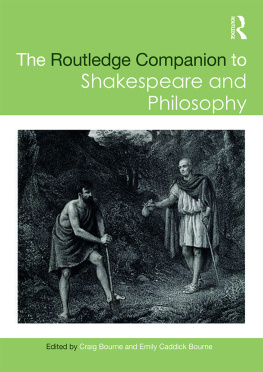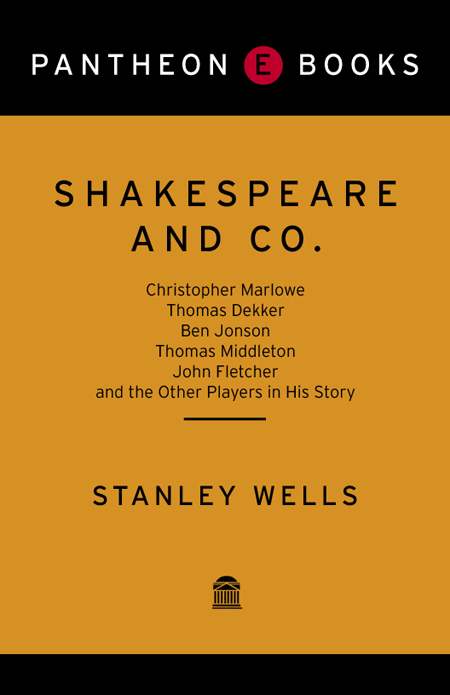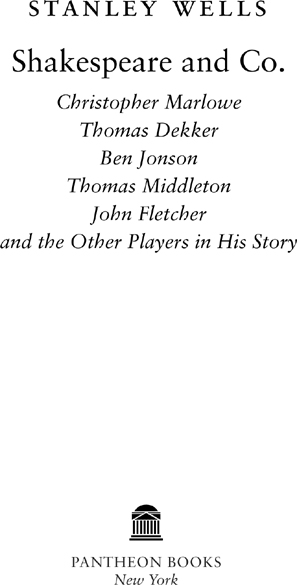Putative portrait of Christopher Marlowe, date and artist unknown (The Master and Fellows of Corpus Christi College, Cambridge)
Thomas Middleton, engraved 1795, artist unknown (National Portrait Gallery, London)
Francis Beaumont, engraved 1729, by George Vertue (National Portrait Gallery, London)
Preface
This book attempts to place Shakespeare in relation to the actors and other writers, mainly playwrights, of his time in an accessible and where possible entertaining manner. In doing so it responds to and develops recent currents of critical and scholarly thought which see Shakespeare not as a lone eminence but as a fully paid-up member of the theatrical community of his time, a working playwright with professional obligations to the theatre personnel without whose collaboration his art would have been ineffectual, and one who, like most other playwrights of the age, actively collaborated with other writers, not necessarily always as a senior partner. This view found editorial expression in the Oxford edition of the Complete Works (General Editors Stanley Wells and Gary Taylor, 1986, second edition 2005) and its accompanying Textual Companion (by Stanley Wells, Gary Taylor, John Jowett and William Montgomery, Oxford, Clarendon Press, 1987). It has also been the subject of a number of studies, notably Brian Vickers's polemical and contentious but valuable Shakespeare, Co-author (Oxford, Oxford University Press, 2002), some of which are cited in the notes to this book.
I have not attempted to give chapter and verse for all the biographical facts mentioned in the text, but have benefited greatly from entries in the Oxford Dictionary of National Biography (Oxford, Oxford University Press, 2004), especially the following:
Edward Alleyn, by S. P. Cerasano.
Robert Armin, by Martin Butler.
Francis Beaumont, by P. J. Finkelpearl.
Richard Burbage, by Mary Edmond.
Thomas Dekker, by John Twyning.
John Fletcher, by Gordon McMullan.
Ben Jonson, by Ian Donaldson.
Will Kemp, by Martin Butler.
John Lyly, by G. K. Hunter.
Christopher Marlowe, by Charles Nicholl.
John Marston, by James Knowles.
Francis Meres, by David Kathman.
Thomas Middleton, by Gary Taylor.
Thomas Nashe, by Charles Nicholl.
Richard Tarlton, by Peter Thomson.
John Webster, by David Gunby.
The availability on-line of this invaluable work of reference has been of enormous assistance.
Records of theatrical performance in the Shakespearian period are patchy and sparse; many plays did not reach print, and those that did were often published years, sometimes many years, after they were written and first acted. To give only one example, around half of Shakespeare's plays did not appear in print until 1623, seven years after he died, and by then some of them were at least thirty years old. As a result, it is often impossible to date plays of the period with any precision. I have tried to follow the best received opinion, and to indicate where uncertainty about chronology is of material significance.
Quotations from writers of the period are given in modern spelling except where there is a special reason to reproduce features of the original printing or manuscript. Quotations from Shakespeare are normally from the Compact Edition of the Oxford Complete Works, second edition, which adds Edward III and prints the whole of Sir Thomas More. Stage directions in this edition are cited as an additional number after act, scene and line, for example '4.4.127.1', or with a zero in place of line number if at the head of a scene. A list of non-Shakespearian plays quoted is given below, with a note of the editions used. For ease of access as well as for the excellent quality of the editing I have frequently used the Oxford English Drama (Oxford World's Classics) series. Other series, especially the Revels playspublished by Manchester University Press, and the New Mermaids published by A. and C. Black, can also be recommended. When responsibly edited modernized editions were not available I have modernized the quotations myself.
It is difficult to convey a sense of relative monetary values. Advice to multiply early modern sums by a specific number can only result in crude equivalents. During this period the poor were often extremely poor, and the rich enormously wealthy. It may be worth remembering that in 1600 an average labourer's wage would have been about eight pence a week, and a craftsman might have received a shilling (twelve pence). I have not attempted to give metric equivalents.
I am grateful to Martin Toseland, formerly of Penguin Books, for initial encouragement, to Laura Barber, also formerly of Penguin Books, for invaluably rigorous and creative criticism of the first five chapters, to Helen Conford for assistance in the final stages of the work, to Elizabeth Stratford for meticulous copy-editing, and to Judith Wardman for her index. Dr Martin Wiggins kindly read Chapter 3, and Dr John Jowett Chapter 6, to their benefit. Dr Paul Edmondson has been a constant source of help and encouragement at every stage of my work.
EDITIONS OF NON-SHAKESPEARIAN PLAYS
The Alchemist, by Ben Jonson, in Ben Jonson: The Alchemist andOther Plays, ed. Gordon Campbell (Oxford, Oxford University Press, 1995).
Alexander and Campaspe,


